Ahmad Motevaselian: ‘First Iranian martyr’ in path of liberating al-Quds
By Syed Zafar Mehdi
In his Nowruz (Iranian New Year) meetings with the families of Ahmad Motevaselian and his three associates who went missing in northern Lebanon in 1982, the commander of the Islamic Revolution Guards Corps (IRGC) Major General Hossein Salami made a revelation the families had waited 41 years for.
Motevaselian, military attaché at the Iranian embassy in Beirut; Mohsen Mousavi, charge d'affaires at the embassy; Taghi Rastegar Moghaddam, an embassy employee; and Kazem Akhavan, a photographer for IRNA, were all declared as martyrs, ending a long and agonizing wait.
Gen. Salami hailed Motevaselian as the “first Iranian martyr” in the way of the liberation of al-Quds and the occupied Palestinian territories, saying the ongoing resistance against the apartheid Zionist regime is the illustrious legacy of the great Iranian military commander.
The four men were abducted by the Israeli-affiliated Lebanese Phalangist militia at the Barbara checkpoint in northern Lebanon on July 4, 1982, and subsequently handed over to the Mossad.
For the past 41 years, there were conflicting reports about their fate. While some claimed they had been killed by the militia group, others believed they were still alive, languishing in Israeli jails.
In December 2011, the Press TV documentary team followed Sayyed Raeed Mousavi, son of Mohsen Mousavi, one of the four abducted men, as he strived to obtain traces of his father and three others.
But the wait continued until a few days ago when Gen. Salami made their martyrdom official.
Motevaselian’s name figured among the most prominent Iranian military strategists at the time of his abduction primarily for his influential role during the Iran-Iraq war when under his command the 27th Mohammad Rasoul-Allah brigade liberated Khorramshahr, the turning point in the imposed war.
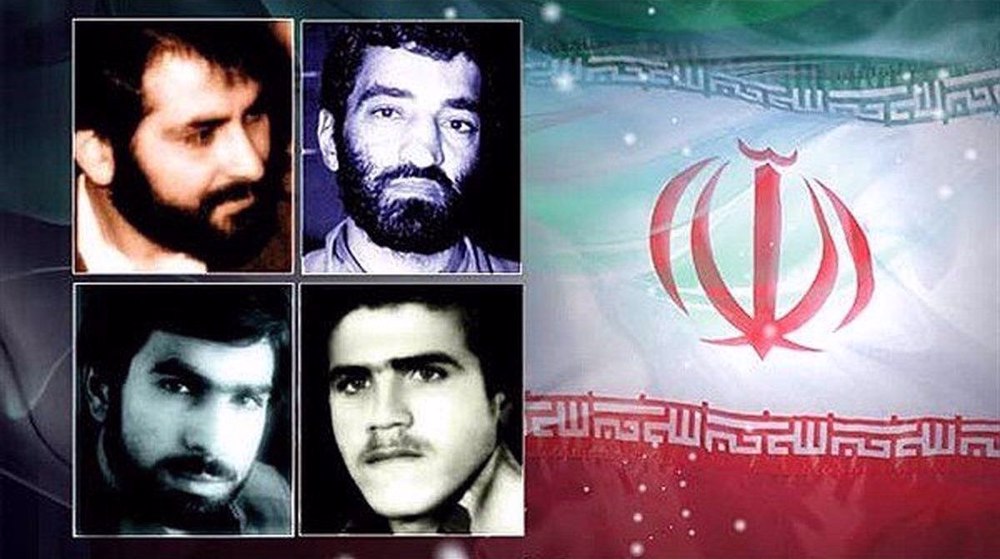
Operation Fath al-Mobin in April 1982 in Dasht e Abbas district, which he led, paved the ground for the strategic city’s liberation from the Baathist forces of Iraqi military dictator Saddam Hussein.
Before that, he spearheaded the mission to crush Kurdish militancy in 1979, two months after the Islamic Revolution, establishing his stature as a battle-hardened commander who led from the front.
After the liberation of Khorramshahr, when the Israeli regime launched multi-pronged attacks on southern Lebanon, Motevaselian was asked to lead a high-ranking political-military delegation to Damascus to discuss ways to help the Lebanese people and leadership.
Besides commanding the brigade, he actively participated in reconnaissance missions and led ferocious attacks on enemy positions. According to then-IRGC chief Mohsen Rezaee, in a speech to his comrades before leaving for Syria and Lebanon, Motevaselian told them to write their last will.
One of his biggest accomplishments was to train Lebanese resistance fighters, who later went on to form the Hezbollah resistance movement. Even the name ‘Hezbollah’ was suggested by him at a meeting in Baalbek that was attended by top Lebanese and Iranian resistance leaders.
Days after the historic meeting, on July 5, 1982, a vehicle carrying Motevaselian and three others was heading to the Iranian embassy in Beirut when it was stopped by a militia group headed by Mossad-backed Samir Geagea at a checkpoint in northern Lebanon. After that, no one heard of them.
For the past four decades, their whereabouts remained unknown. Some reports suggested that they were killed by a firing squad under Gaegea’s command, acting on the orders of the Israeli spy agency.
Hezbollah resistance movement as well as some Iranian authorities, however, insisted that the four men were still alive. In May 2016, then-Iranian defense minister Hossein Dehghan announced that they had evidence proving that the abductees were still alive and in Israeli captivity.
One thing, however, was unmistakably clear. The involvement of the Israeli regime in their abduction, and what’s official now, their martyrdom. Iran’s foreign ministry in July 2019 called on the International Committee of the Red Cross (ICRC) to clarify their whereabouts.
“Given the fact that Lebanon was under the US-backed Israeli occupation at that time, the Islamic Republic of Iran holds the Zionist regime and its supporters legally and politically responsible for the abduction and the terrorist move,” read the statement at the time.
In July last year, the ministry renewed its calls to the UN and international human rights agencies to pursue the case and ensure punishment for the perpetrators of the crime – the Tel Aviv regime.
The significance of this case and Motevaselian’s stature can be gauged from the fact that he has been the subject of multiple books, films and documentaries over the years, most notably ‘As Tough As Iron’ by Zahra Rajabi Matin and ‘Ambush of July 1982’ by Hamif Davood-Abadi. ‘Standing in the Dust’, a film based on his life, won the Crystal Simorgh for Best Film at the 34th Fajr Film Festival in 2016.
Now that the fate of Motevaselian and his three associates is known, the search and wait that lasted 41 years also comes to an end. But their blood is yet to be avenged.
Syed Zafar Mehdi is a Tehran-based journalist, political commentator and author. He has reported for more than 13 years from India, Afghanistan, Kashmir and West Asia for leading publications worldwide.
(The views expressed in this piece do not necessarily reflect those of Press TV.)
'Capitulation': Israeli officials and media concede Gaza defeat as truce unfolds
'Gaza has won': Social media users react to ceasefire with mix of relief, joy
Iran seeks South Korea’s assistance for AI, fiber-optic projects
VIDEO | Iran's 'Eqtedar' (Power) maneuver
Israel hits HTS military target in Syria for 1st time since fall of Assad
VIDEO | Press TV's news headlines
Israel has slaughtered 13,000 students in Gaza, West Bank
VIDEO | More Zionist than Zionists: Biden’s legacy to be defined by Gaza genocide


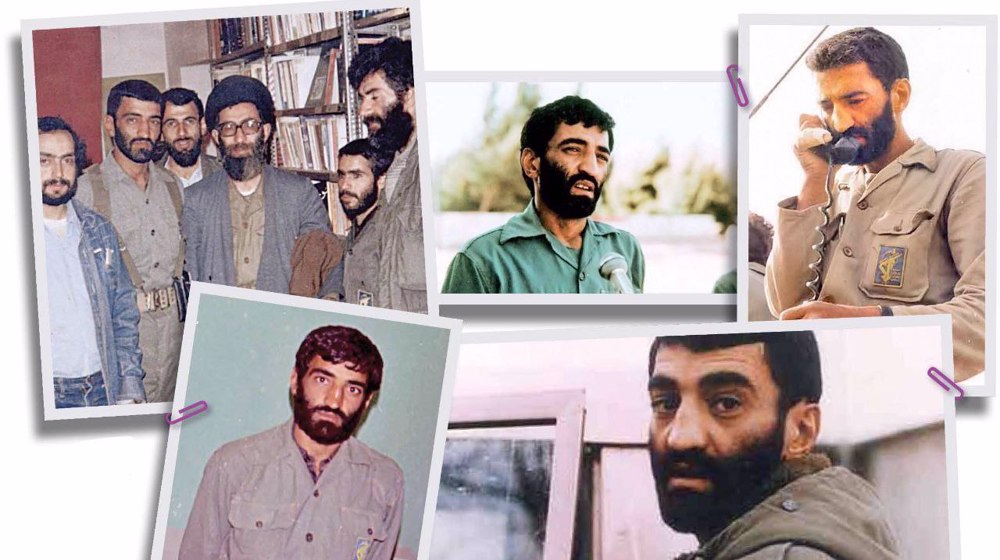
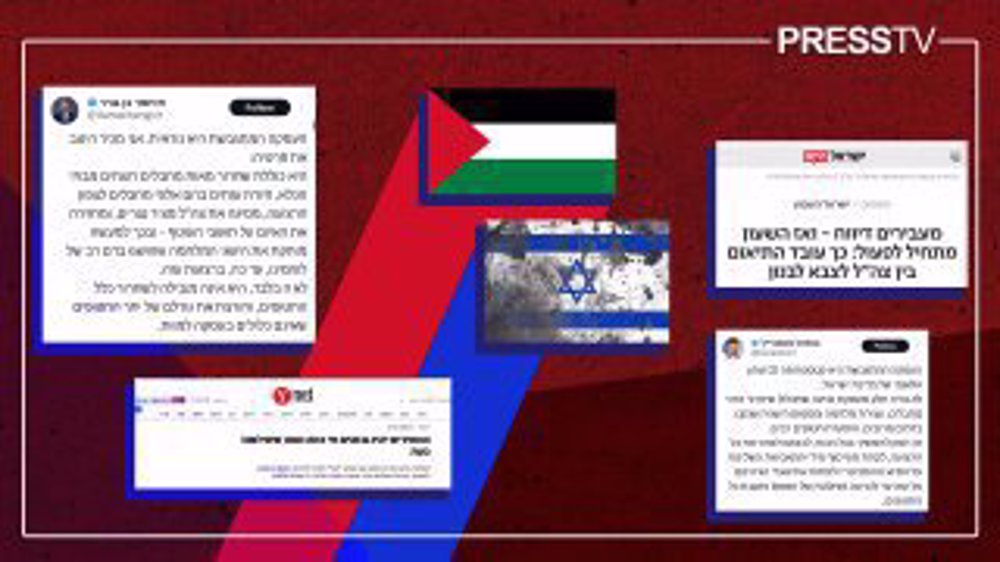
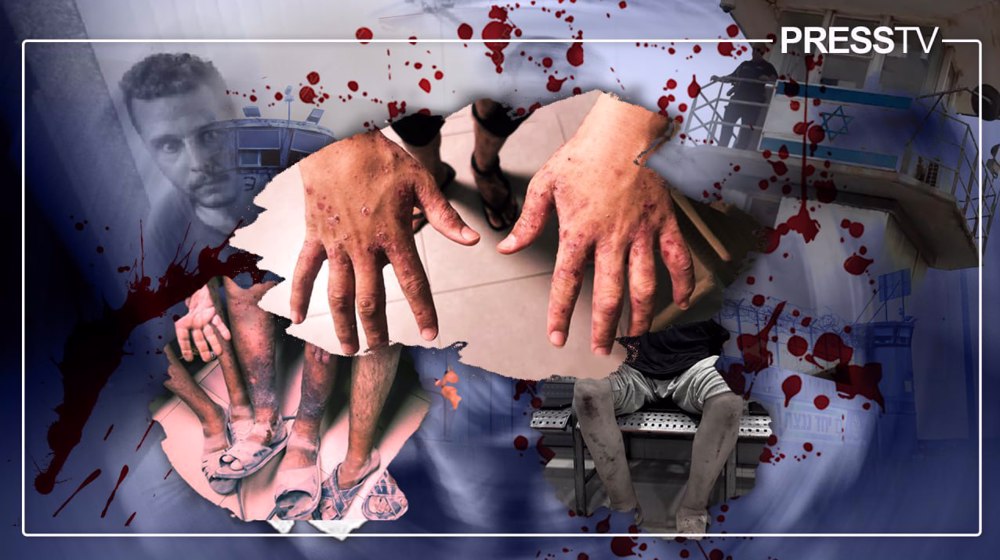
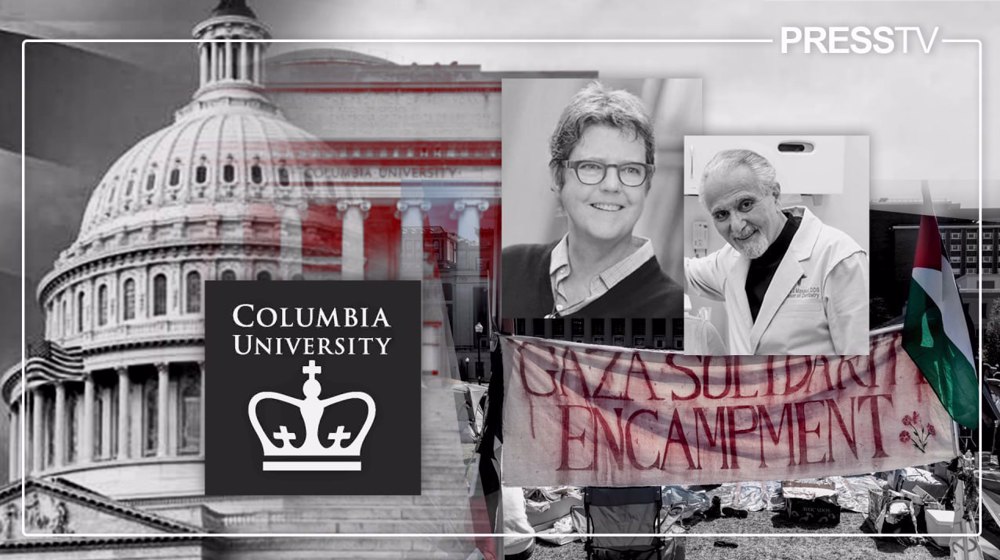




 This makes it easy to access the Press TV website
This makes it easy to access the Press TV website